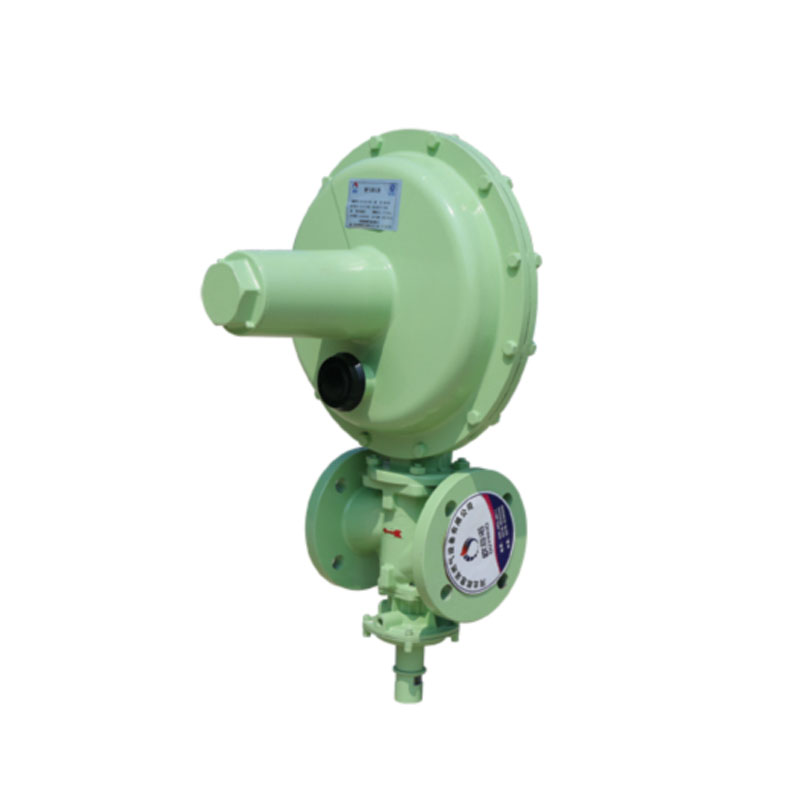
Dec . 05, 2024 19:08
Back to list
Gas Separation System with Filter Technology for Enhanced Efficiency and Performance
Understanding Gas Filter Separators Key Insights and Applications
Gas filter separators (GFS) are essential equipment in the oil and gas industry, playing a critical role in the processing and purification of natural gas and associated fluids. Their primary function is to separate gas from liquid contaminants, including water, hydrocarbon liquids, and solid particulates, ensuring that only clean, dry gas is delivered for further processing or distribution.
How Gas Filter Separators Work
The operation of a gas filter separator involves several integrated components designed to maximize efficiency. When gas enters the separator, it first passes through a coalescing filter. This filter captures liquid droplets and solid particles, allowing them to coalesce into larger droplets. As the droplets grow in size, gravitational forces cause them to separate from the gas and settle at the bottom of the separator tank.
Once the liquid is separated, the remaining gas moves to the next stage, where additional filtration occurs. The gas then passes through a series of mesh or pleated filters that remove any remaining liquid particles and contaminants. The clean gas can then exit the separator, while the separated liquids are directed to a storage tank or treatment facility for further processing.
Types of Gas Filter Separators
There are several types of gas filter separators, each designed for specific operational requirements. The most common types include
1. Vertical Separators These are typically cylindrical in shape and are designed for high-pressure applications. Their vertical orientation allows for efficient gravity separation and is ideal for applications where space may be limited.
2. Horizontal Separators These units are wider and allow for a greater volume of liquid to be processed. They are often used in production facilities where large quantities of gas and liquids need to be separated efficiently.
3. Coalescing Filter Separators These advanced models incorporate coalescing technology to enhance liquid removal efficacy. They are particularly effective in environments where gas contains a high amount of entrained liquid.
gas filter separator

4. Multi-stage Separators These systems utilize multiple separation stages, which can be beneficial for cleaning gas streams that contain various types of contaminants. They are used in scenarios requiring high purification levels.
Importance of Gas Filter Separators
The importance of gas filter separators cannot be overstated. By ensuring that only clean gas enters the downstream processes, they contribute significantly to the efficiency and reliability of gas processing systems. The removal of liquid contaminants helps prevent corrosion and fouling of equipment, reduces maintenance costs, and extends the lifespan of pipelines, compressors, and valves.
Additionally, gas filter separators play a crucial role in meeting regulatory compliance standards for emissions and environmental protection. By doing their job effectively, these separators help minimize the release of harmful substances into the atmosphere, ensuring that operations adhere to stringent industry regulations.
Applications Across Industries
Gas filter separators find application in various sectors beyond traditional oil and gas production. They are commonly employed in
- Natural Gas Processing Plants Where the purification of natural gas is a critical step before distribution. - Refinery Operations To treat and separate gases produced during refining processes. - Biogas Production In converting organic waste into cleaner fuel, ensuring that impurities do not damage downstream equipment.
- Chemical and Petrochemical Industries Where the purity of gases is vital for the quality of final products.
Conclusion
In summary, gas filter separators are vital components in the landscape of gas processing and production. Their ability to effectively separate and purify gas not only enhances operational efficiency but also safeguards equipment and contributes to environmental protection efforts. As the industry continues to evolve and face new challenges, gas filter separators will undoubtedly remain at the forefront of innovations aimed at optimizing gas processing techniques and ensuring cleaner energy production.
Latest news
-
Safety Valve Spring-Loaded Design Overpressure ProtectionNewsJul.25,2025
-
Precision Voltage Regulator AC5 Accuracy Grade PerformanceNewsJul.25,2025
-
Natural Gas Pressure Regulating Skid Industrial Pipeline ApplicationsNewsJul.25,2025
-
Natural Gas Filter Stainless Steel Mesh Element DesignNewsJul.25,2025
-
Gas Pressure Regulator Valve Direct-Acting Spring-Loaded DesignNewsJul.25,2025
-
Decompression Equipment Multi-Stage Heat Exchange System DesignNewsJul.25,2025

